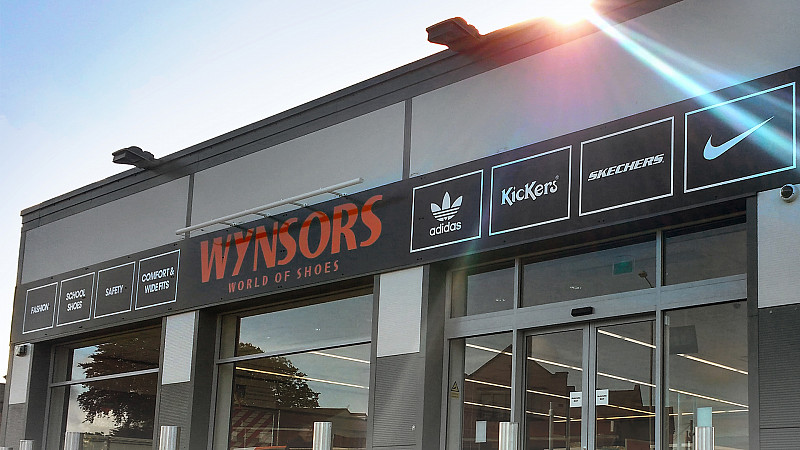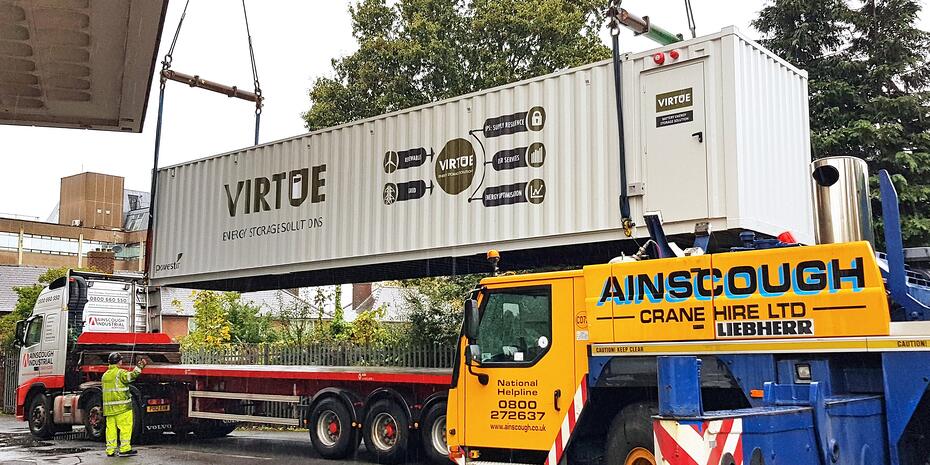
Written by Steve McGrath | Solutions Consultant
Digital devices have come a long way since then and the latest reports from Statista estimate there to be over 4.5 billion active internet users worldwide.
Digital devices are mainstream now and the digital world has created opportunities for businesses that want to reach these people.
A recent McKinsey Global Study of Executives has stated that COVID-19 has bought about ‘years of digital transformation in just a few months’ and that ‘consumers have moved dramatically toward online channels’.
This represents a huge opportunity for brands to win and retain new customers, but there are some challenges that marketers face that need to be addressed.

1. The customer journey has changed
Customers are more digitally savvy now than ever, and COVID-19 has bought about a rapid adoption of customers regularly purchasing online.
However, they are also expecting a better customer experience both online and offline. They are researching more, comparing lots of online brands and going to the ones that differentiate themselves.
Many businesses that reach their target audience online focus on the early and late stages of the customer journey.
Instead of only trying to get sales, they should also provide content for customers that are in the research phase, communicate with them on the channels where the customer is active, and provide a softer brand value led approach where relevant.
Businesses need to adapt to the online customer journey and build a customer experience from the bottom up. This process will help them to build trust with their customers and keep them around longer.

2. Data, data everywhere
As customers become more digitally savvy and more people are purchasing online since COVID, the amount of data that you collect will increase.
But is it the right data?
Data collections process that were formed years ago may not be fit for purpose anymore – time to spring clean the post-GDPR policies and ensure that you collect, sanitise and store only the data that you need to improve the customer experience.
And then when you have that data, make sure you put it in a place that you can use it – you really need to focus on getting a marketing single customer view to utilise it properly.

3. Multi…omni…flip me!
The number of channels that customers use are increasing – this was happening pre-COVID but has accelerated.
Browsing content via multiple devices and channels means that, now more than ever, you need to be able to tie all this data togethers and ensure that you are covering all bases in your marketing communication strategy.
This needs to be an iterative process as new channels grow or shrink in the landscape. You may have different channel mixes for prospects that you have from customers.
Either way you won’t know unless you collect the data from all the touchpoints and ensure you can use that data meaningfully.

4. Automate as much as you can
Many organisations have been negatively impacted by COVID, whether that is tighter budgets or having to make staff redundant, so many marketing departments are finding they have to do more with less.
Automating the bulk of your marketing communications makes sense now more than ever. At RedEye we advocate to our clients that with a mature strategy, they can automate up to 80%.
Harnessing the power of dynamic content and hyper personalisation means that this can be done whilst still achieving the goal of 1:1 communication.

5. Stop using legacy platforms and processes
The marketing communications tech stack is a rapidly evolving area and platforms and processes that were fit for purpose when they were purchased may no longer be right for you.
Time and resource needs to be assigned to review your current marketing platforms to help you succeed in this post-COVID world.
Many marketing platforms can now take data, both online and offline from multiple sources and that data can be used to inform and power all your journeys from prospect to lapsed.
It’s also increasingly important to have a single view of your marketing data.
Conclusion
There is no doubt that COVID has sparked a wave of enforced digital transformation, for both brands and consumers.
The organisations that will thrive in this changed landscape will be the ones that can adapt to new technologies and processes, as well as tie all their customer data, touchpoints and communications together to provide seamless and joined up customer journey experience.









